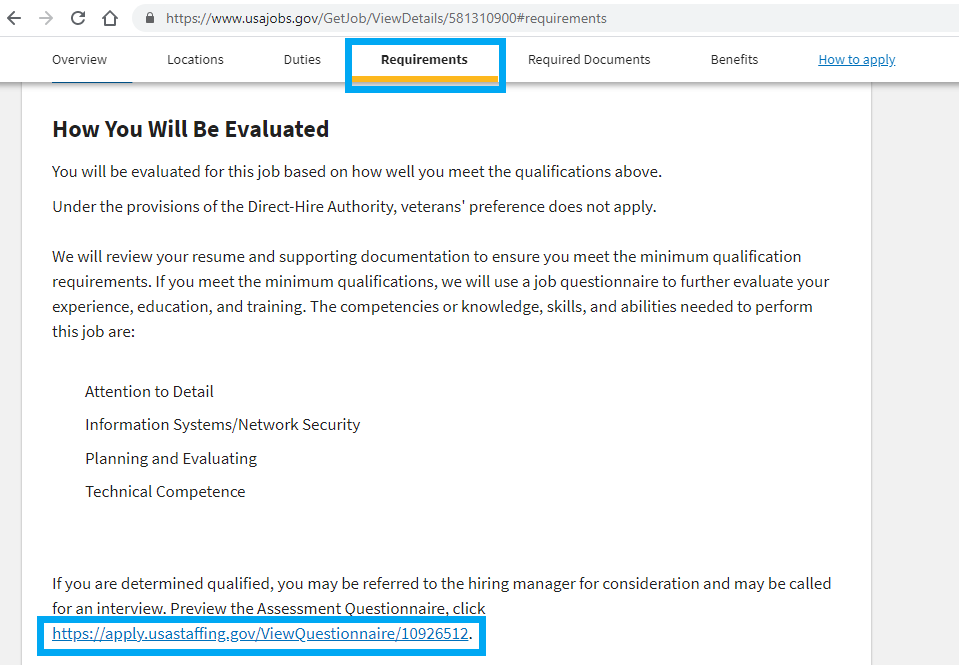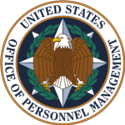 5 Tips for Writing a Federal Resume - FederalPay.org
5 Tips for Writing a Federal Resume - FederalPay.org
Your resume is a vital part of your job search. For federal jobs, having a professional looking federal resume is even more critical.
The Federal Government doesn’t have a standard job application process. For federal jobs, your resume is your application.
However, the federal resume is one of the most challenging resumes to pull off.
From the writing process to the format and design – everything is different from a civilian resume.
You’ll want to be aware of a few crucial aspects of federal resume writing from the very beginning.
That’s why we have compiled these essential tips to make it easier for you to approach the task.
1. Make Sure You Fulfill the Minimum Qualifications
Even before you start writing your resume for a federal job, you have to make sure that you will be able to prove your qualifications adequately on your resume.
Read the entire job announcement carefully.
Check the “This job is open to” and “Who may apply” sections to check out the eligibility criteria or the hiring paths the job is specified for.
Once you’re sure you meet the eligibility criteria, proceed to the “Qualifications” section to check whether you meet the minimum qualifications in the type of work experience, years of work experience, skills, knowledge, education, and any other requirements.
2. Follow the Federal Resume Format, But Be Targeted
You’ll notice a fair bit of additional information is needed on your federal resume that’s simply not required on a civilian resume. This might include:
- Citizenship information
- GS grades of your previous federal positions
- Veteran’s preference eligibility
- Availability
- Disability (if any)
- Security clearance
- Other special hiring authority (if any)
It’s important to follow the federal resume format to accommodate this information on your resume.
However, in all this, try not to forget the importance of targeting your resume for the job to which you are applying.
Submitting the exact same resume for all the jobs you apply to is a recipe for disaster.
Use the job announcement to find out essential skills and other qualifications that should be given prominence on your resume.
Pay extra attention to the keywords related to those skills, accomplishments, knowledge, and other qualifications. Incorporate relevant keywords into your federal resume.
Using keywords appropriately is essential because your resume will be scanned with an Applicant Tracking System (ATS) before the hiring authority checks them manually.
Keywords are the magic elements that will increase the chances of your resume getting through the systems.
3. Use Quantifiable Examples
Another important tip that you should keep in mind while writing your federal resume is the use of data and numbers to quantify your accomplishments.
Utilizing numbers makes your accomplishments palpable. It is easier for those reviewing your resume to visualize the impact you have made when you add specific statistics to your federal resume.
Make use of impressive data and metrics wherever possible on your experience section, education section, and KSA statements.
See, for example, the following snippet from a federal resume experience section:
“Responsible for 150 new graduate medical professional students annually. Formerly responsible for ~200 New Health Professions Scholarship Program (HPSP) recruits per year.”
Without numbers, there’s no solid context about the sheer volume of work you performed. But the data makes your experience clearer and that much more impressive.
4. Be Descriptive When Adding Specialized Experience
Your federal resume is likely to be much longer than a civilian resume. But this doesn’t necessarily mean that you have the luxury to include every last detail of your career.
Despite having the flexibility of space, you’ll want to be selective about your past experience and skills. What should you give prominence to and what do you need to curtail?
The job announcement will be your guide.
Write and organize the sections of your federal resume depending on the required experience and skills.
A requisite for many federal jobs is specialized experience in particular fields. If you have specialized job experience, training, and certifications that are required for the position, be more descriptive while writing those sections.
Whereas, if some of your previous experience is not relevant to the desired position, briefly mention them with a couple of paragraphs or bullet points.
5. Learn How to Answer Federal Self-Assessment Questions
Federal self-assessment questions are increasingly found as one step in the federal job application process. The assessment can be quite extensive, consisting of 10 to 80 questions.
Many federal job seekers make the mistake of getting into the application process without adequately preparing for the questions.
The questions might include true/false or yes/no, multiple-choice, and “check all that apply” questions. Some questions can also request that you rate your skills on a scale of 1 to 5, where 5 is the highest.
These questionnaires assess the applications based on duties, responsibilities, specialized experience, and other qualifications required for the position. Your answers should reflect what you have written on your resume.
Under the job requirement tab, there’s likely to be a section titled “How you will be evaluated.” In this section, you might see a link to a sample questionnaire containing the kinds of questions you are likely to face during the application process (see image below).

Closing Thoughts
Yes, writing a federal resume can be a challenging task.
You may not get everything right the first time you try. But with preparation, planning, and perseverance, things will gradually start to fall in place.
Here’s a quick review of the tips once again:
- Make sure you can prove you fulfill the minimum qualifications.
- Follow the federal resume format but be targeted.
- Use quantifiable examples with numbers and relevant data.
- Be descriptive when adding specialized experience.
- Learn how best to answer federal self-assessment questions.
These tips will hopefully facilitate your journey towards landing a federal job.
Finally, remember that it’s okay to seek professional help from expert federal resume writers at any point if you feel the need. They write federal resumes day in and day out, so they know what works to help your resume stand out and improve your chances of landing an interview.
Related Articles
Is this article incomplete or outdated? Help improve this article by contacting us with your suggestions.
Topics: FWSGS PayJobsLEOSES
